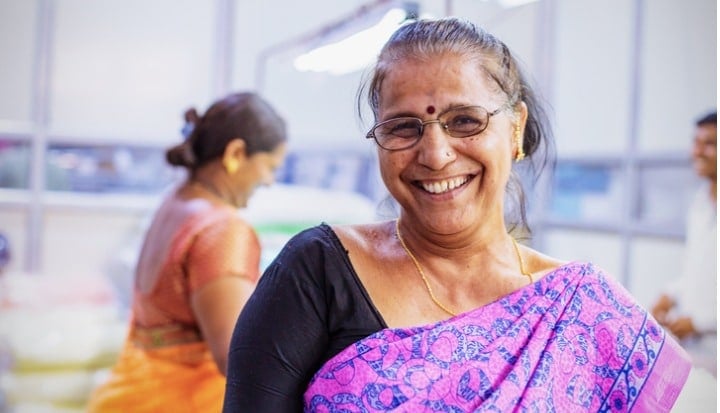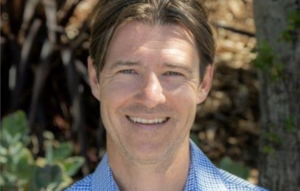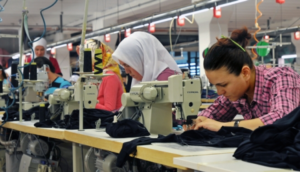Six Principles for Businesses to Drive Sustainable Behaviour Change in Low-Income Communities.
Creating a more sustainable future for people and planet will require fundamental changes in attitudes and behaviours across society worldwide. This is no easy feat; altering behaviours is a long process, one which requires consistency and encouragement.
Business plays an important role in this. It communicates with individuals through products, marketing and brand values and can use that relationship to encourage customers to develop more sustainable habits, which in turn creates benefits back to the business.
My experiences with TRANSFORM, a global initiative led by Unilever, the UK’s Foreign, Commonwealth and Development Office and EY, combined with more than 20 years of behaviour change work in sub-Saharan Africa and South Asia, have shown the importance of six principles that companies can use to help drive change in low-income communities. Some ‘learnings’ diverge from common academic approaches and may be provocative – but I have seen them work.
The purpose of the article is not to communicate scientific truths but to inspire other businesses to use their influence to help create more sustainable societies.
- Behavioural pre-cursors are a breeding ground for change
Challenges faced by people in low-income communities often stem from constraints that exist within their lives, limiting them from making sustainable decisions. Start by looking at the pre-cursors of change – capability, opportunity, and motivation – to create the resources needed to shift behaviour.
- Broaden the conversation, using within-sector partnerships
Working with peers, or direct competitors, can feel wrong from a business perspective but there is often an opportunity for real change as that stems from a shared sustainability challenge.
For instance, to reduce waste and create a more circular economy, whole industries could work together to motivate customers to recycle as well as making it the easy choice.
TRANSFORM combines the strengths of its core organisations with the capabilities of others. Microsoft brings in technology, Mastercard and CGAP provide financial capabilities, while the Gates’ Foundation has provided funding and sector- and country-specific knowledge. This is critical to creating change at scale.
- The best intervention is the one that engages customers
Businesses must adopt the ‘Player First’ mindset – focusing on customers’ or potential customers’ immediate priorities to create initial engagement. This may lead directly to positive outcomes for your business. At least, it will ensure that they engage when you return with further offerings.
- Ensure necessary and sufficient conditions for impact
More than one intervention is likely to be required to create change. Mrs M. spent her daylight hours looking after her children in her Zambian village. At the end of the day, she made fritters that she sold to her neighbours. A Zayohub provided her with a small loan to rent a solar light and a bicycle. The loan allowed her to invest in more ingredients, the light gave her more of the evening to make fritters, and the bicycle provided access to a market where she could sell the extra fritters. Individually, each of the three interventions was necessary for Mrs M. to grow her business – together they were sufficient.
Businesses must design with a view to overcoming all barriers to the desired outcome. Single interventions, or stepwise changes, often do not realise the intended result until they are complemented by other interventions.
- Walk a mile in their shoes
Everyone should be asked to “walk a mile in the shoes of their customer”. It may only be a metaphorical walk but, even this, can generate empathy and help understanding of different lives and markets.
Rob Burnet, CEO of Shujaaz, explained to me that “young Kenyans report feeling alienated by formal education structures” and that pre-existing westernised web outlets were not helpful for aspiring entrepreneurs wanting to learn more about business.
Rob realised that the best people to support the economic empowerment of young Kenyans were other young Kenyans, so he created MESH as the first professional networking platform for the African sector, a kind of LinkedIn for the informal entrepreneur.
- Fail small
Quantitative data created through well-controlled large trials is an important part of building the evidence base for any business. However, reliance on it means running the risk of “failing big”: finding out that there are fundamental problems after significant effort and investments.
“Failing small” requires gathering and acting on less formal, less rigorous sources of data. In simple terms, this involves remaining curious about your customer, watching them and finding out who is and isn’t engaging and why.
Changing behaviour does not happen overnight. While I have made many mistakes and failed several times, through repeating behaviour and learning I have a better understanding of how business can cease the opportunity and use market-based models to make sustainable living commonplace. As we face more global and urgent challenges, the time is now for others to do the same.









